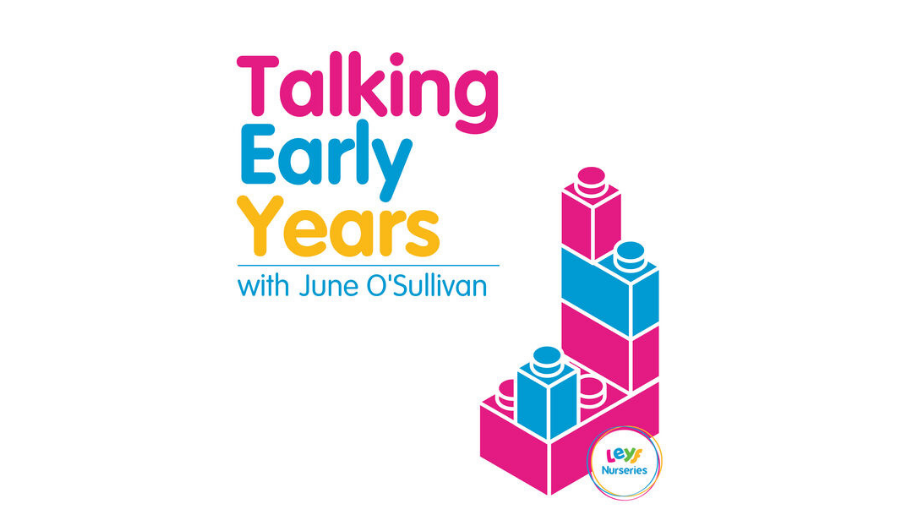
Talking Early Years: June O’Sullivan and Krupesh Hirani
I kicked off this year’s podcast chatting to the well-informed Krupesh Hirani, London Assembly Member for Brent and Chair of the London Assembly Health Committee and the Health…
September 22nd 2025
Early childhood education is not a neutral or technical service—it is a deeply political space and this is the focus of my podcast guest Professor Peter Moss, the well-known and outspoken academic critic of the UK Early Years policies. He argues that every decision about how we organise, fund, and value the early years reflects our collective beliefs about children, families, and the society we want to build. Yet in England, political action often avoids asking the most important question: What is early education for?
Loris Malaguzzi—founder of the Reggio Emilia approach—reminded us that:
Early years education is a political practice… Pedagogy must be relevant to the new conditions of the times; otherwise, it ends up being mummified.
The risk is clear: when governments rush into action without stopping to reflect on purpose—as has so often been the case—we end up with fragmented policies, ideological short-termism, and a failure to address the real challenges of our time.
Instead of embracing early childhood education as a space of possibility, we have allowed it to become perceived as confused, low-grade childcare, delivered by a workforce treated as technical functionaries rather than skilled educators. The term practitioner itself reveals this reductionist view—implying task-driven care rather than thoughtful, intellectual engagement. But early years education is not a checklist of tasks. It is the foundation of lifelong learning and human flourishing.
We are now living through what many call a polycrisis—a convergence of climate, economic, social, and technological risks that endanger the future. Children are the canaries in this coal mine—first to feel the effects of poverty, environmental degradation, and disconnection. Yet early years policy, particularly in England, remains focused on metrics, expansion, and market logic, not on building a resilient, thoughtful system equipped to meet these new realities.
Professor Peter Moss has long argued that education is inherently political because it demands political choices. But those choices are being evaded. There is little debate about the purpose of early education at a policy level, and no clear vision beyond helping parents work. Without vision, we get expansion without depth, entitlements without equity, and reform without reflection.
The public image of early childhood education suffers as a result. It is seen as a fragmented sector—underpaid, undervalued, and misunderstood. Meanwhile, private equity continues to pump money into early education, not as a public good but as a business opportunity. The long-term consequence? A system driven by profit, not principles.
We need a shift—a return to a public, democratic model of early childhood education for all children aged 1 – 6. A model where services are free, universal, community-based, and delivered by local authorities and non-profit organisations. A system rooted not in the market but in children’s rights, community need, and public responsibility.
We need to stop and think. To resist the urge for quick fixes. To stop treating early years as a collection of logistical tasks and start seeing it as a moral and political imperative. Expansion must not come at the expense of quality or purpose.
As Malaguzzi warned, without relevance to the times, education becomes fossilised. If we are to meet the needs of our children and future generations, early childhood must become the golden thread that runs through our education system—rich, purposeful, and intellectually alive.

I kicked off this year’s podcast chatting to the well-informed Krupesh Hirani, London Assembly Member for Brent and Chair of the London Assembly Health Committee and the Health…

Why listen to this episode? Hear directly from Professor Barbara Rogoff on how children learn through participation Explore why culture and community matter in…

The Power of Intergenerational Nurseries The world is changing fast. Technology is accelerating how we live, work and even care, but in that rush, you can’t help but…